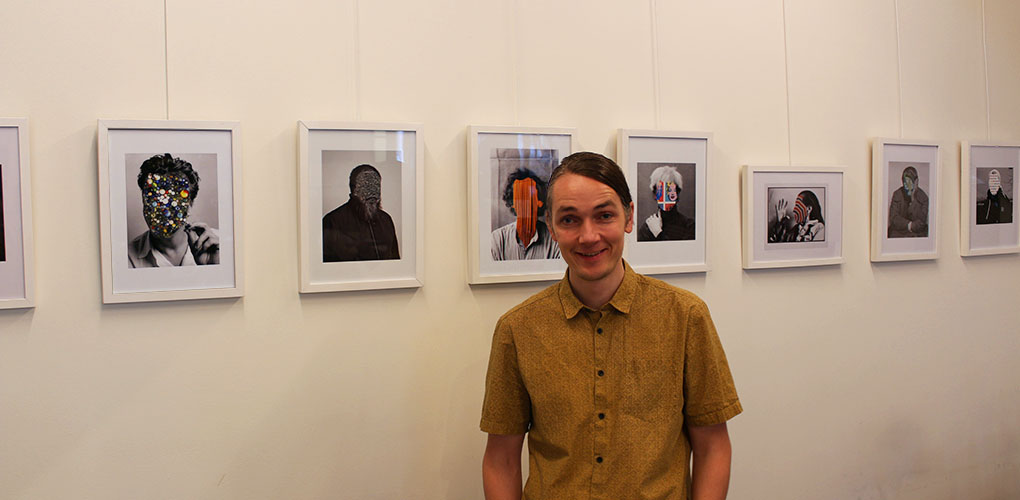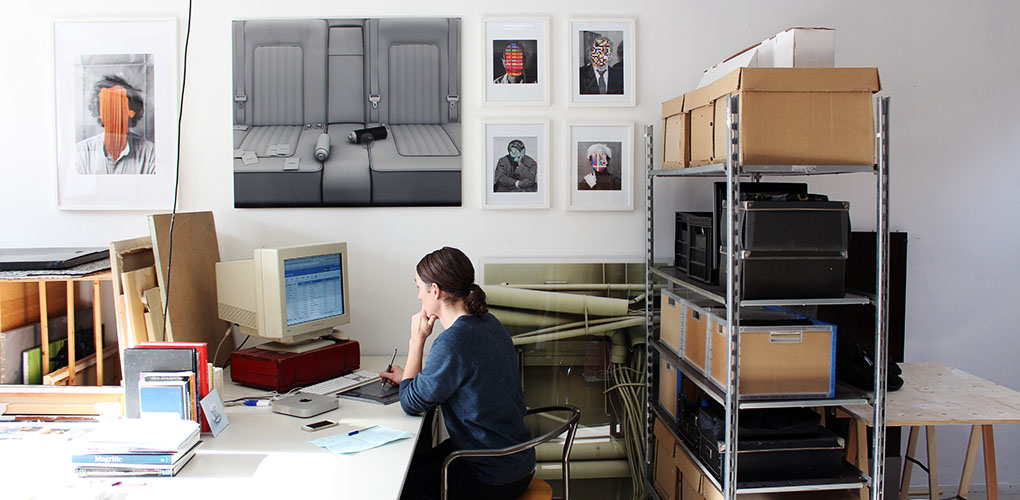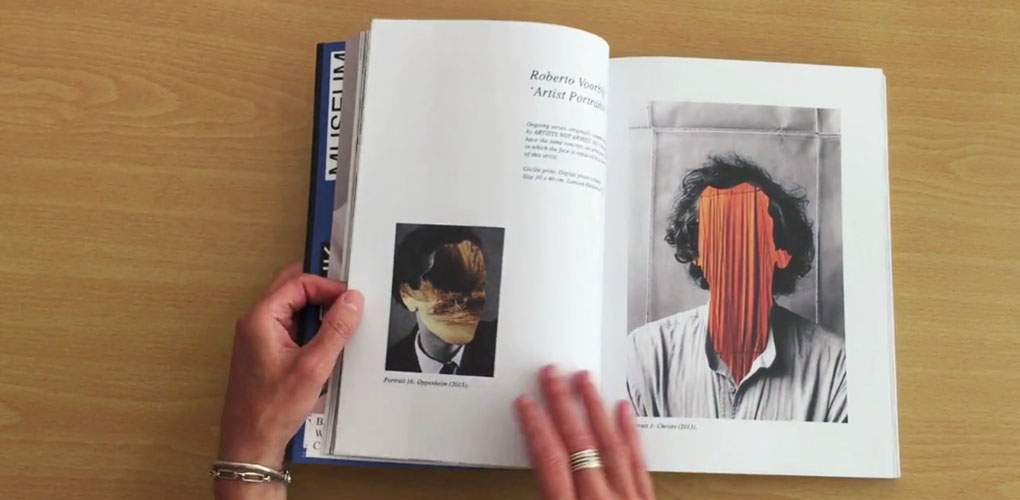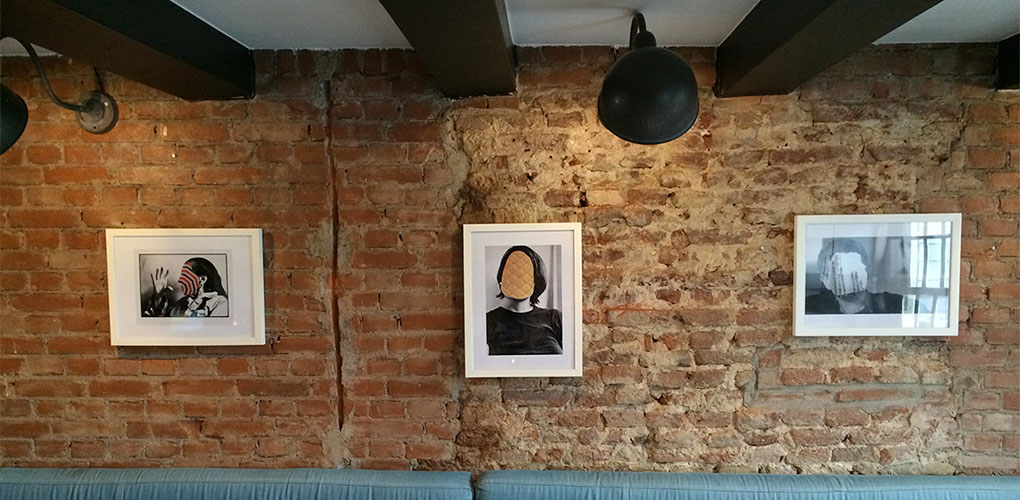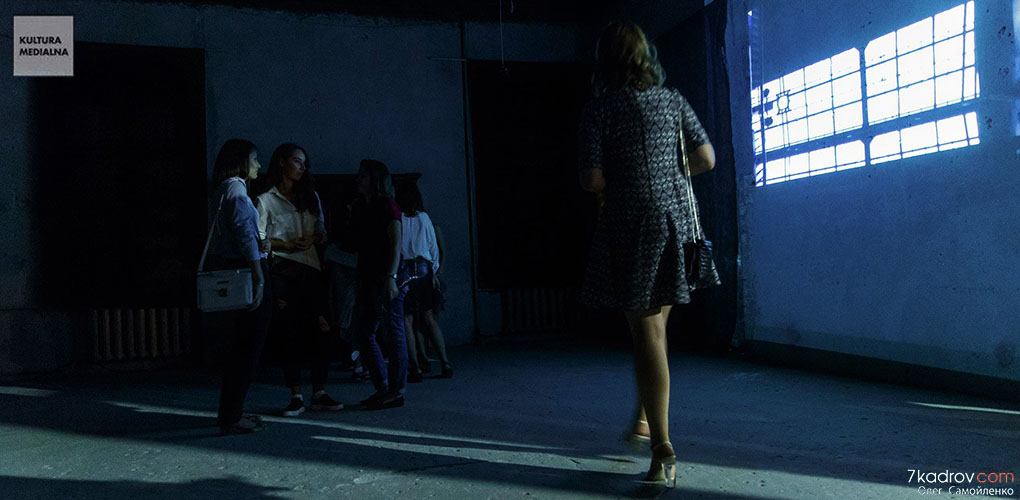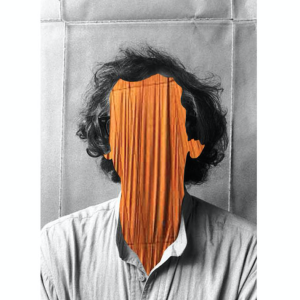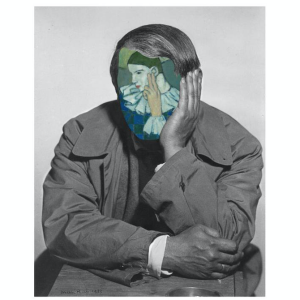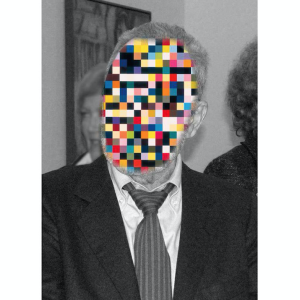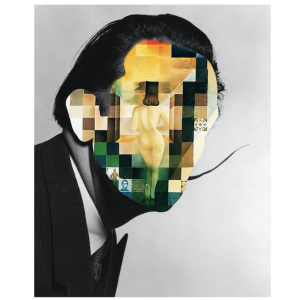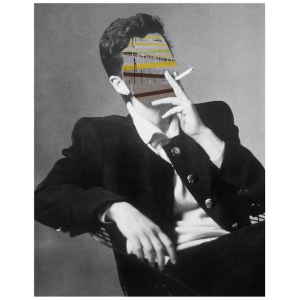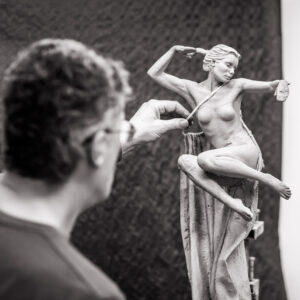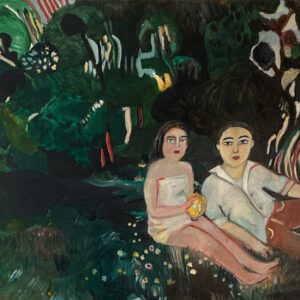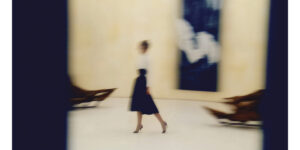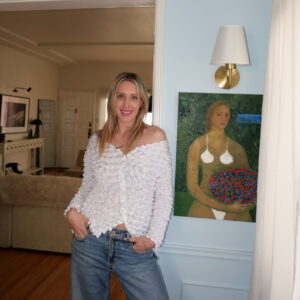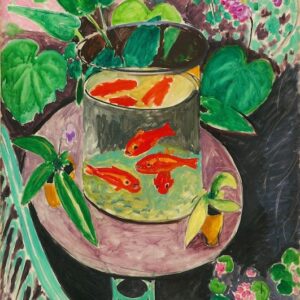Inside the Studio
 Roberto Voorbij
Roberto Voorbij
What are the major themes you pursue in your work?
(National) identity, commerciality and public spaces are recurring themes in my work. In the series ‘Artist Portraits,’ I deal with themes of both personal and group identity in a visual arts context. All of the portraits have been designed according to the same concept–I replace the face of each artist with an artwork by the same artist — I constantly attempt to surprise viewers and go beyond the sum of the artist.
What really intrigues me about the concept of public domain is how our seemingly objective living environment, on closer inspection, has a very strong guiding effect. And behind this lies a certain political or marketing strategy.
What was the best advice given to you as an artist?
My studies at The School of the Art Institute of Chicago, and in particular the lessons in my Advanced Sculpture class under Iñigo Manglano-Ovalle, have been crucial to my formation as an artist. The analytical approach during the group discussions made clear to me what exactly it is that I wish to communicate as an artist, whether this subsequently corresponds to my original starting point, and thus where I need to go next. It is also of equal importance for me to be able to let this go again, to allow chance and mystification back into my artistic process.
Prefer to work with music or in silence?
The working process is primarily a thinking process. Therefore, I work in silence.
If you could only have one piece of art in your life, what would it be?
‘Why Not Sneeze, Rose Sélavy?’ by Marcel Duchamp. This is a work that truly has everything: it’s suggestive, erotic, rational, aesthetic, cryptic, surreal, poetic, mythical, bears a link with art history, appeals to the ethics, and above all, it’s inspiring…
Who are your favorite writers?
At the moment I read Rhizome by the French philosophers Gilles Deleuze and Félix Guattari. It is very inspiring how Deleuze places topicality at the center of his writings. I am fascinated by how he sets himself the objective of constantly creating concepts, and continuously wants to move between knowing and not-knowing. In addition, Foucault and Baudrillard have influenced me greatly, as well as sociologists such as Ad Verbrugge and Jane Jacobs. The Death and Life of Great American Cities is still timely and important, a true classic.
